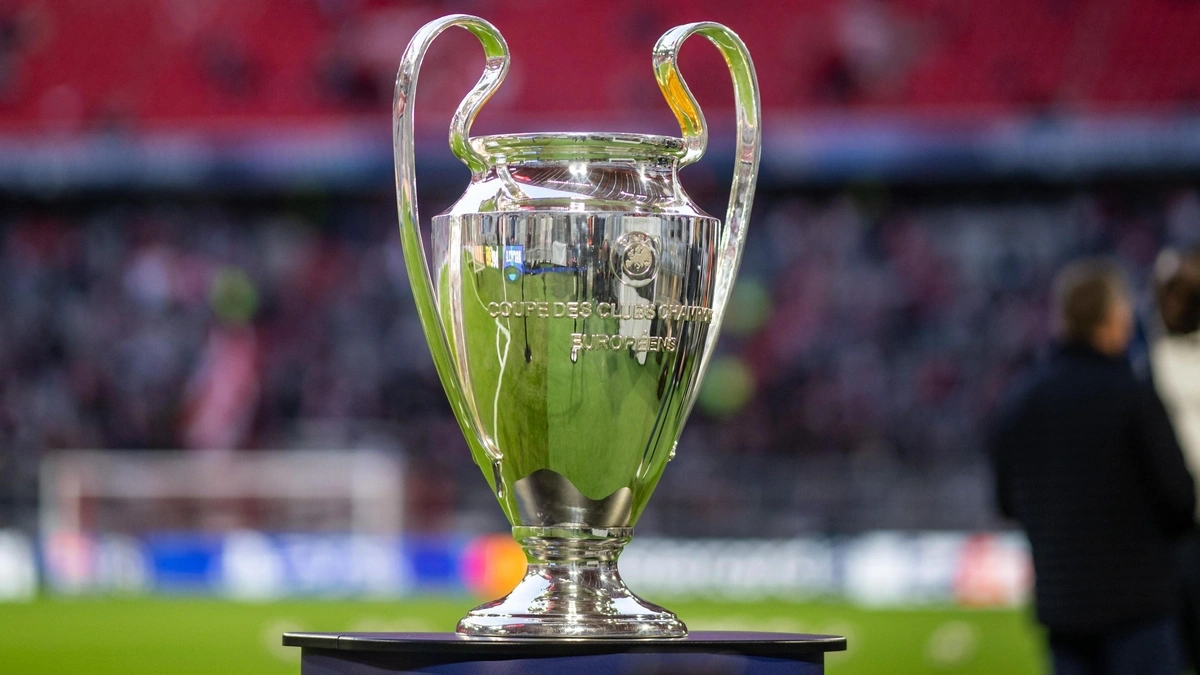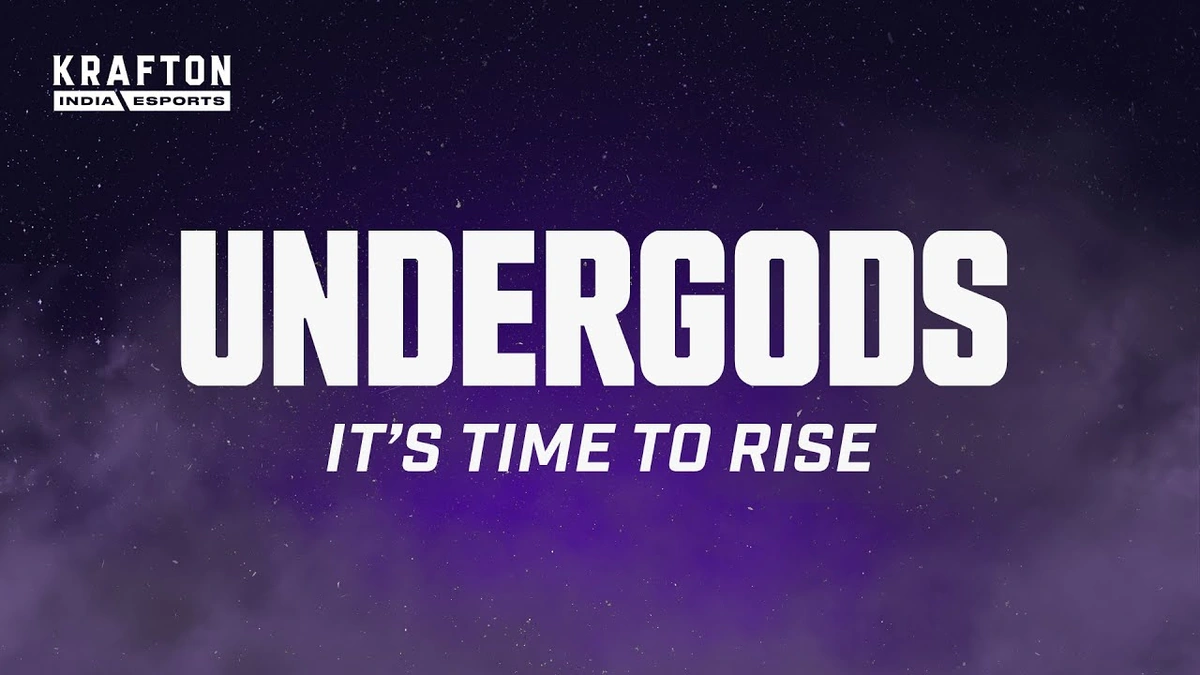Let’s be honest – in a world overflowing with football leagues, cups, and tournaments, it’s easy to become a bit jaded. But here’s the thing: the Champions League? It still hits different. It’s not just about the goals and the glory; it’s about the narratives, the upsets, and the pure, unadulterated drama that unfolds on those European nights. What fascinates me is how this tournament, year after year, manages to capture our attention even when we think we’ve seen it all.
The Allure of the Unexpected: Champions League Upsets
Why do we obsess over the Champions League? I think it boils down to the element of surprise. Domestically, we often see predictable patterns. Check out more here. But in the Champions League, form can fly out the window. Think back to when Monaco, a team nobody really saw coming, reached the semi-finals. Or when Barcelona, seemingly invincible, were humbled by Roma. These moments, these unexpected twists, that’s what makes the Champions League so compelling. It’s a reminder that anything can happen on any given night. It’s the ultimate test of resilience, tactics, and a little bit of luck. This level of unpredictability affects the tournament winner predictions every year.
Tactical Masterclasses and Evolution of Football Strategies
The Champions League isn’t just a collection of games; it’s a living laboratory for football tactics. It’s where the best managers in the world – we’re talking Pep Guardiola, Jurgen Klopp, and maybe even some rising stars you haven’t even heard of yet – unveil their latest innovations. Remember when gegenpressing became the buzzword after Klopp’s Dortmund tore through Europe? Or how Guardiola’s tiki-taka revolutionized the game? The competition format pushes managers to evolve, to adapt, and to find new ways to outsmart their opponents. It’s a chess match on a grand scale, and that’s why even the nerdiest football analysts (like myself, sometimes!) find it so absorbing.
The Human Element: Stories of Triumph and Heartbreak
Let’s be honest – beneath all the tactical analysis and strategic brilliance, football is about people. And the Champions League provides the stage for some of the most compelling human stories. Think about Cristiano Ronaldo’s relentless pursuit of goals, Lionel Messi’s mesmerizing dribbling, or even the underdog players who seize their moment in the spotlight. These aren’t just athletes; they’re individuals with dreams, anxieties, and flaws. The Champions League amplifies those emotions, making every victory feel even sweeter and every defeat even more crushing. What also makes the Champions League so compelling is that it provides a platform for players to achieve their dreams. The UEFA website is a great place to find player profiles.
The Global Stage: A Meeting of Cultures and Styles
The Champions League is a truly global tournament. It brings together teams, players, and fans from all corners of the world. You have the sleek, possession-based football of Barcelona clashing with the gritty, defensive approach of Atletico Madrid. You have the passionate supporters of Liverpool creating an intimidating atmosphere at Anfield, while the wealthy supporters of PSG enjoy the matches in a completely different environment. This meeting of cultures and styles creates a unique melting pot of footballing ideas. It showcases the evolution of football clubs from around the world.
The financial incentives of the competition are also worth noting. The prize money distribution, coupled with the increased global recognition for the teams involved, means success in the Champions League also has a great impact on the financial health of the clubs involved.
Champions League: More Than Just a Game
So, what’s the bottom line? The Champions League isn’t just a football tournament; it’s a cultural phenomenon. It’s a reminder that anything is possible, that tactical innovation is always evolving, and that the human element is at the heart of the beautiful game. It’s the reason why we stay up late, why we argue with our friends, and why we keep coming back for more, year after year. It’s an unparalleled footballing spectacle.
FAQ About the Champions League
Frequently Asked Questions
What happens if two teams are tied on points in the group stage?
Several tiebreakers are applied, starting with head-to-head results, then goal difference in head-to-head matches, then goals scored in head-to-head matches, then goal difference in all group matches, and finally goals scored in all group matches. If a tie still exists, other criteria are used. The knockout stage draw is usually highly anticipated.
How many teams qualify for the Champions League from each country?
The number of teams that qualify from each country depends on their UEFA coefficient ranking. The top leagues (England, Spain, Germany, Italy) usually get four teams each.
What is the significance of the Champions League anthem?
The Champions League anthem is iconic and adds to the drama and excitement of the competition. It is played before every match and has become synonymous with the tournament.
Can a team that didn’t qualify through their league win a spot in the Champions League?
Yes, the winner of the previous season’s Europa League is automatically granted a spot in the Champions League group stage, regardless of their domestic league finish.
What are some of the most memorable Champions League finals?
Some of the most memorable finals include Liverpool’s comeback against AC Milan in 2005, Manchester United’s dramatic win against Bayern Munich in 1999, and Real Madrid’s numerous victories in recent years.





